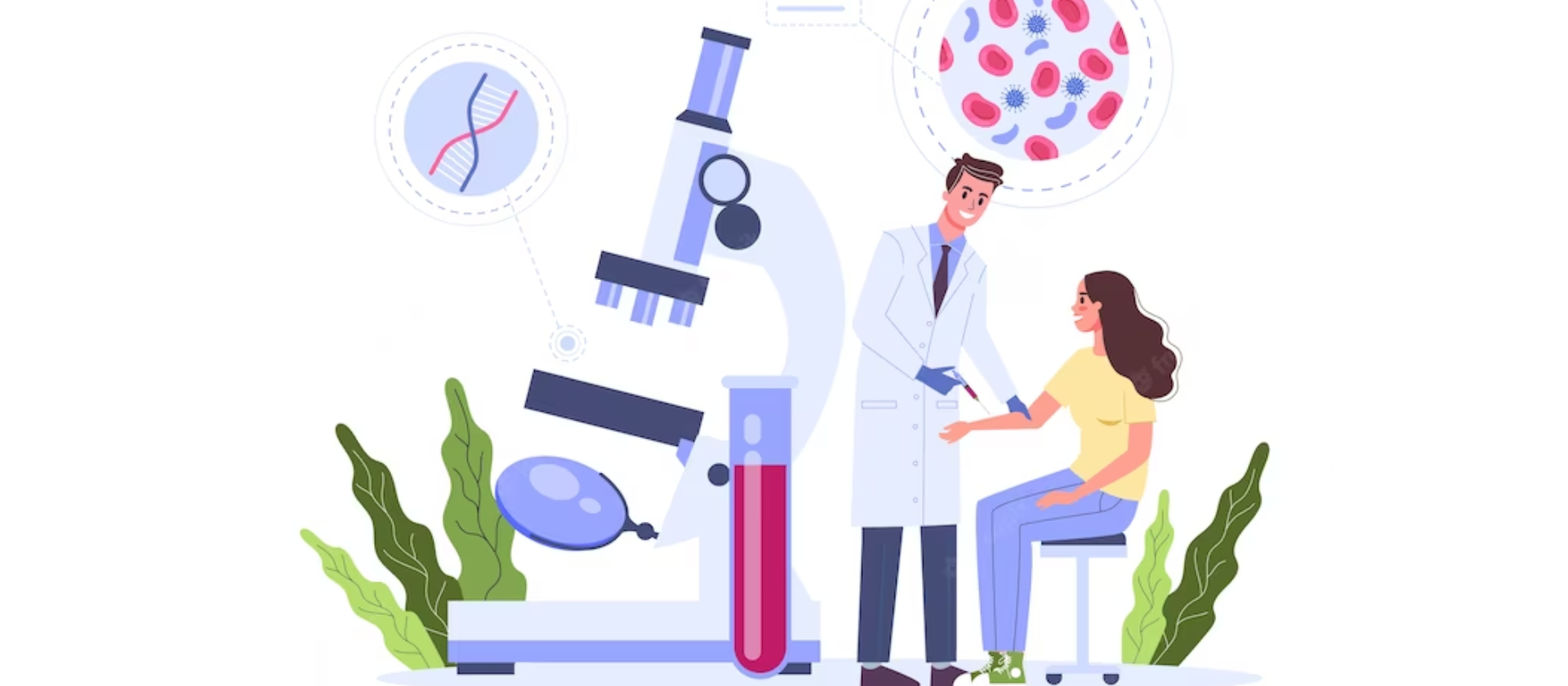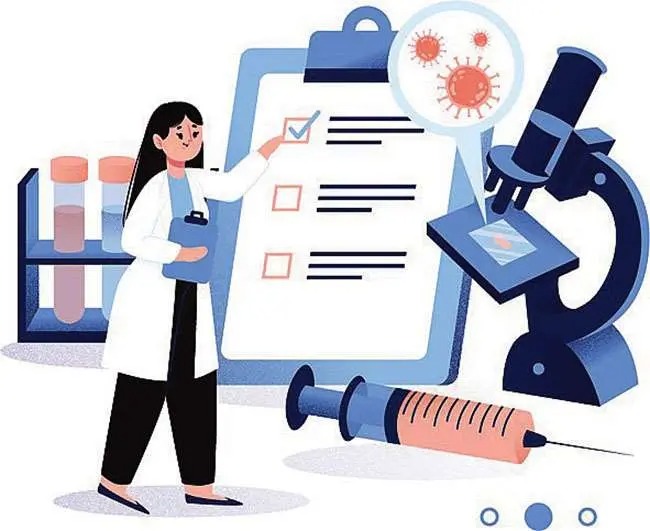How to avoid delays in Clinical Trials?
As we know clinical research is a field that deals with Phase 0 to Phase IV clinical trials. Each phase has its own objective and end points. These contribute to expensive clinical research. A majority of clinical research results in delays, which could be of few months. So it has impact on time, money as well as on patients also. It has been estimated that 85% of clinical trial project get delayed due to one reason or other. The financial impact can be huge in the tunes of $ 8 million every day.
The most common delays are site initiation delays. These could be due to ethics committee delays. So whenever one should submit its documents to IEC, he should make sure that it is accurate and complete. Any discrepancy in these documents can lead to delay in minimum of one month or so.
Site initiation visit are very crucial visits and that should be done very carefully. But any delay or postponement in SIV will further lead to delay in the project. So as soon as IEC approval of the product is given, SIV should be done on immediate basis without any delay.
Patients should be given proper check up and informed consent form. Patient should be given proper informed consent that means that he should be informed about the study in lay man language, with proper time to think and take his own decision whether to participate in the study or not. Once patients has been enrolled for the study then it the responsibility of Clinical Research Coordinator to follow up with study patients constantly so that patient feels safe and secure and come for the regular follow up on timely basis.
Every member of staff should be armed with the correct policies and procedures – as well as fully calibrated and ready equipment – to commence research activities on the site initiation visit (SIV) date. False starts due to missed SIV dates have an immediate impact on trial timelines and, ultimately, profitability for sponsors.
A huge majority of clinical trials face delays, costing precious time and money, as well as impacting patients. Here is why managing time, resources and participants are essential in avoiding delays and delivering results.
An estimated 85% of all clinical trials will experience delays, with 94% being delayed by over a month.1 The financial impact can be massive, costing between $600,000 – $8 million every day.2
Besides the immediate impact on clinical trial budgets, delays can impact the long-term profitability of a drug by reducing its patent window. Estimates vary, and are contested, but whether measured in pounds, euro or dollars, the amount of money lost in clinical trials delays is in the billions, and increasing year on year.3,4
While it’s important to recognise the financial implications of delays, there are some human implications too. Hold ups may place an unnecessary and unwanted burden on patients, which could lead them to exit trials, further exacerbating the problem. And delays in getting drugs to market means delayed treatments, potentially effecting patient outcomes.
We explore some of the common reasons why clinical trials experience delays, and what you can do to avoid them.
Damaging delays
A Nature analysis examining the causes of clinical trial delays found that strategic problems, commercial barriers, and operational issues were to blame in almost a quarter of all trials.4
Similarly, increasing complexity, and interdependencies between agencies and across borders, puts greater demands on project managers to meet deadlines. In recent times, end points in trials have doubled, with the average number of procedures per participant increasing by 58%.5
Frustratingly, site initiation delays are common. Every member of staff should be armed with the correct policies and procedures – as well as fully calibrated and ready equipment – to commence research activities on the site initiation visit (SIV) date. False starts due to missed SIV dates have an immediate impact on trial timelines and, ultimately, profitability for sponsors.
Once a trial is underway, the most common reason for delay is the complex and challenging area of patient retention and recruitment, with many studies failing to recruit in adequate numbers. A study by CenterWatch claims that 69% of patients fail pre-screening, 58% decline consent and 8% drop out after enrolment.6
The importance of site selection is becoming clearer, with researchers adopting a more ‘patient-centric’ approach where the patient’s point of view is clearly considered.7 Having processes in place to receive notifications of poor uptake, and approaches to ameliorate the impact is essential.
A ‘business approach to clinical trials
The complexity of clinical trials has increased, and this calls for more robust and standardised clinical research procedures.8,9 Researchers are being encouraged to take a commercial ‘business approach’ to project management. To help adopt this approach, Imperial Clinical Research Services have created a useful and in-depth guide for clinical professionals on project management.
Similarly, having a tool like a commercial clinical trial management system (CTMS) can help. A CTMS can provide a rigorous and methodical approach to preparing all documents, policies and procedures to support your research, locate them all in one place and help you to manage time effectively.10
However, it’s not just processes that need improvement. Ensuring that clinical research sites are ready to begin receiving patients by the site initiation visit is essential. At MESM, we can work across all of a customer’s study sites to ensure the ancillaries and equipment meet protocol requirements and are ready to use before the trial begins.
Running a clinical trial is complex, but Claudia Schaft at the European Project and Research Office has four simple tips for minimising delays:
- Start work immediately: Be proactive in managing potential delays
- Revisit site assessments regularly: Review all procedures and processes
- Be adaptable: Review your project management approach, and change if necessary
- Build relationships: A responsive project management team needs responsive relationships
Delays in clinical trials are common, but not unavoidable. By understanding the potential risks – and putting processes in place to combat them – your trial can be a success both for the sponsor and the patients taking part. And all within trial budget too.







